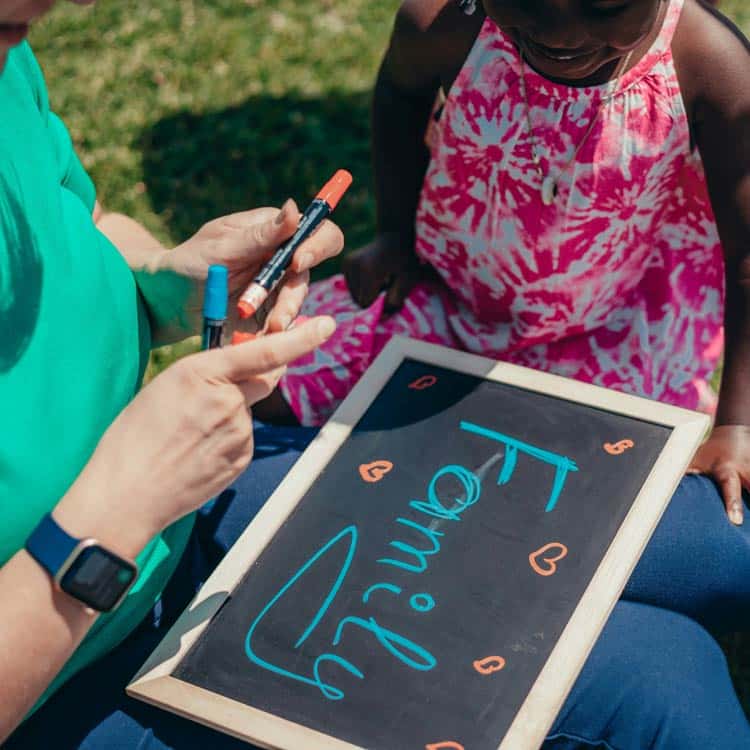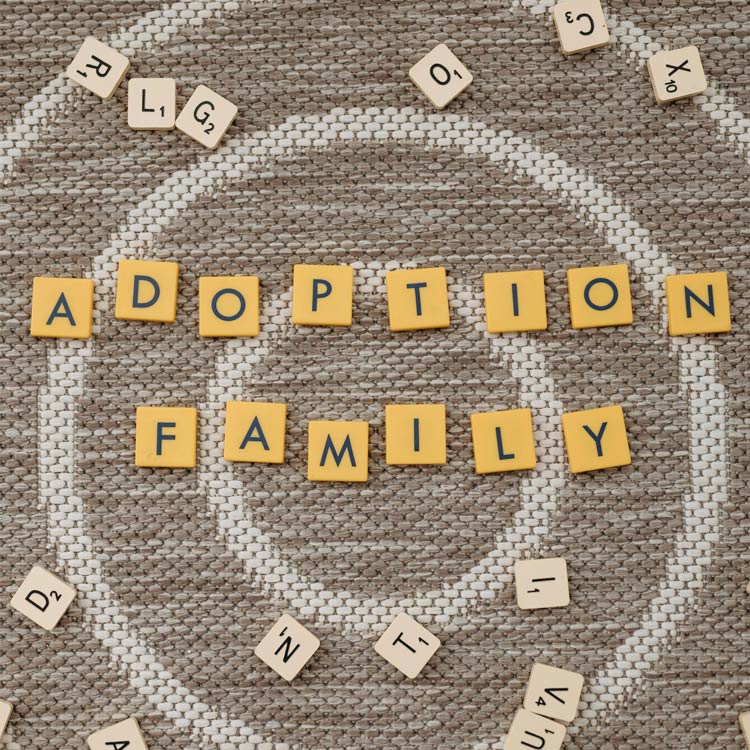
Who I Work With
-
Adolescents and adults who were adopted or in foster care:
Many of my clients have lived through instability, abandonment, or multiple placements. Others were adopted at birth and are only now beginning to unpack the lifelong impact of that early separation. Whether you are exploring questions of identity, managing grief around unknown or complicated family histories, or trying to understand long-held feelings of “otherness,” therapy can help you reclaim and redefine your story. -
Parents and caregivers currently fostering or adopting through the system:
I work with individuals and families navigating the emotional, relational, and systemic challenges that come with foster and adoptive parenting. This includes people caring for children with trauma histories, navigating reunification processes, or struggling with their own triggers in the context of caregiving.
The Complex Realities of Foster and Adoption Experiences
Foster and adoption experiences often include layers of:
- Attachment injuries
- Disrupted identity development
- Cultural displacement or erasure
- Complex grief
- Emotional hypervigilance
Even when an adoption was loving and stable, it can still carry emotional complexity. Therapy isn’t about rewriting your narrative into something it’s not. It’s about creating room for the contradictions—grief and gratitude, love and loss, confusion and clarity—so that you can make sense of it on your terms.
A Space to Explore Identity and Belonging
In therapy, we explore the stories that were handed to you, the ones that were withheld, and the ones you are ready to reclaim. Together, we examine how your sense of self has been shaped by loss, survival, and adaptation—and how you want to define yourself moving forward.
Supporting Parents and Caregivers
I offer a space for parents to:
- Understand trauma responses in their child
- Explore their own emotional triggers and expectations
- Learn to co-regulate and attune to their child’s needs
- Develop realistic expectations and boundaries
- Navigate reunification, visitation, and ambiguous loss
This work often involves unlearning harmful narratives and rebuilding connection through a trauma-informed lens. It’s not about being the “perfect” parent. It’s about being a grounded, responsive one.
Centering Grief and Loss
In our work together, I create space for this grief to be acknowledged, felt, and processed. I believe that healing comes not from minimizing the pain, but from naming it and understanding its impact.
A Trauma-Informed and Systems-Aware Approach
I also understand that foster care and adoption don’t happen in a vacuum. They are embedded in broader systems that often perpetuate harm—especially for Black, Indigenous, and communities of color. My work is to help you navigate these realities without pathologizing your response to them.
What Therapy Looks Like
For caregivers, sessions may include psychoeducation, emotional support, and skills-building. For individuals with lived experience of foster care or adoption, sessions often center on identity, emotional regulation, boundaries, relational patterns, and grief work.
There is no “right way” to heal—just your way, supported.

🖥️ Book Online: Free 20-minute Consultation
📩 Email us: dk@healingwithdeepa.com
free consultation today.